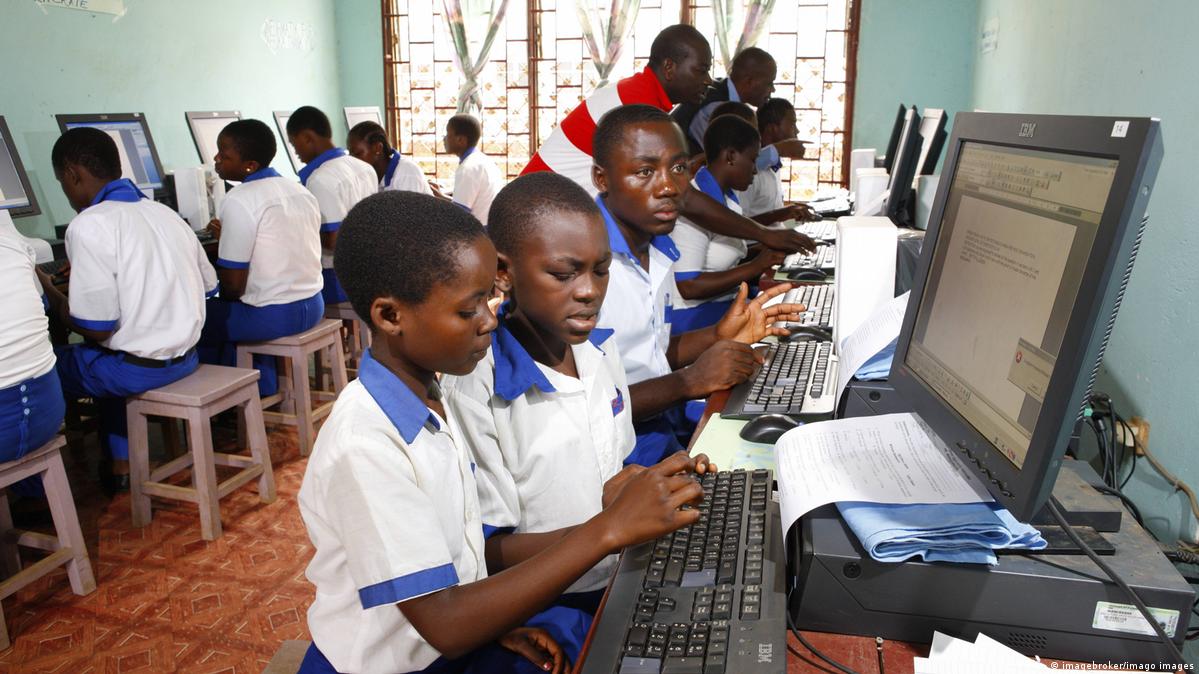
In recent years, there has been a noticeable surge in efforts to decolonize education systems and knowledge production across Africa. These endeavors aim to challenge the dominance of Eurocentric narratives and perspectives that have historically shaped academic discourse on the continent.
Advocates for decolonizing education argue that traditional curricula often overlook or marginalize indigenous knowledge systems, perspectives, and languages, perpetuating a legacy of colonialism and cultural imperialism. By incorporating diverse voices and experiences into educational frameworks, proponents seek to promote cultural diversity, critical thinking, and more inclusive forms of knowledge production.
Across Africa, educators, scholars, and policymakers are increasingly recognizing the importance of integrating indigenous knowledge and perspectives into the curriculum at all levels of education. This includes acknowledging the contributions of traditional healers, community leaders, and cultural practitioners to fields such as medicine, agriculture, and environmental stewardship.
Furthermore, efforts are underway to incorporate indigenous languages into educational settings, recognizing the vital role that language plays in shaping identity, worldview, and cognitive development. By embracing linguistic diversity, educational institutions can foster a greater sense of belonging and empowerment among students from diverse linguistic backgrounds.
In addition to curriculum reform, initiatives are being launched to promote research frameworks that prioritize indigenous methodologies, epistemologies, and ethical principles. This involves collaborating with local communities, respecting their rights to self-determination and intellectual property, and acknowledging the interconnectedness between knowledge systems and social, cultural, and ecological contexts.
The push to decolonize education in Africa is not without its challenges. Resistance from entrenched power structures, limited resources, and institutional inertia pose significant obstacles to meaningful change. Moreover, navigating the complexities of cultural diversity and linguistic plurality requires sensitivity, dialogue, and ongoing engagement with stakeholders at all levels.
Despite these challenges, the momentum for decolonizing education continues to grow, fueled by grassroots activism, academic scholarship, and international solidarity. By reclaiming agency over their educational systems and knowledge production processes, African societies are asserting their right to self-determination and shaping a more equitable and inclusive future for generations to come.
